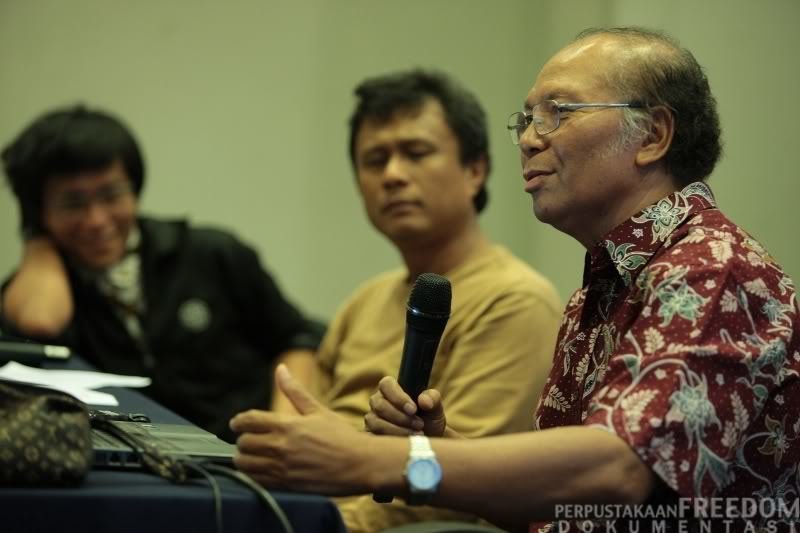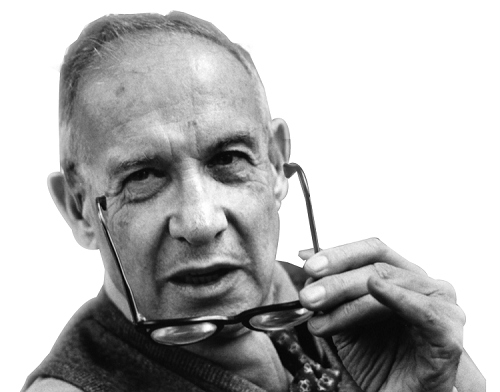Managing Oneself
a book by Peter Drucker


What are My Strengths?
Feedback Analysis
Whenever one makes a key decision or takes a key action, one should write down what he/she expect will happen and then evaluate it within 9 or 12 months.
Comparing your expectations with your results also indicates what not to do. We all have a vast number of areas in which we have no talent or skill and little chance of becoming even mediocre. In those areas a person–and especially a knowledge worker–should not take on work, jobs, and assignments. One should not waste as little effort as possible on improving areas of low competence. It takes far more energy and work to improve from incompetence to mediocrity than it takes to improve from first-rate performance to excellence.
How do I Perform?
What to Consider?
- Circumstance
- Environment
The conclusion bears repeating: Do not try to change yourself–you are unlikely to succeed. But work hard to improve the way you perform. And try not to take on work you cannot perform or will only perform poorly.
Disabling Ignorance
What are My Values?
To work in an organization whose value system is unacceptable or incompatible with one’s own condemns a person both to frustration and to nonperformance.
If I may, allow me to interject a personal note. Many years ago, I too had to decide between my values and what I was doing successfully. I was doing very well as a young investment banker in London in the mid-1930s, and the work clearly fit my strengths. Yet I did not see myself making a a contribution as an asset manager. People, I realized, were what I valued, and I saw no point in being the richest man in the cemetery. I had no money and no other job prospects. Despite the continuing Depression, I quit–and it was the right thing to do. Values, in other words, are and should be the ultimate test.
Where do I Belong?
You belong in a place where you can work with your strengths, in the way you will perform, in an organization that shares values with you.
Successful careers are not planned. Careers develop when people are prepared for opportunities because they know their strengths, their method of work, and their values.
What Should I Contribute?
Three Questions
- What does the situation require?
- What can be one’s greatest contribution to what needs to be done?
- What results have to be achieved to make a difference?
Responsibility for Relationships
Two Parts
- Understand others' uniqueness of strength, values, way to perform, etc
- Communication
The Second Half of Your Life
Don't retire on your job
There is another reason to develop a second major interest, and to develop it early. No one can expect to live very long without experiencing a serious setback in his or her life or work. There is the competent engineer who is passed over for promotion at the age of 45. There is the competent college professor who realizes at the age of 42 that she will never get a professorship at a big university, even though she may be fully qualified for it. There are tragedies in one’s family life: the breakup of one’s marriage or the loss of a child. At such times, a second major interest–not just a hobby–may make all the difference. The engineer, for example, now knows that he has not been very successful in his job. But in his outside activity–as church treasurer, for example–he is a success. One’s family may break up, but in that outside activity there is still a community.
Managing Oneself
By qblfrb
Managing Oneself
- 509



